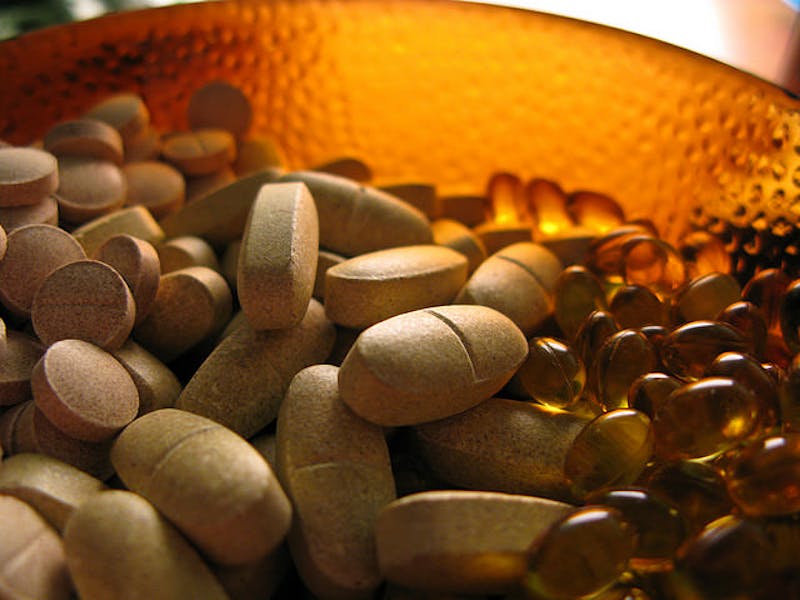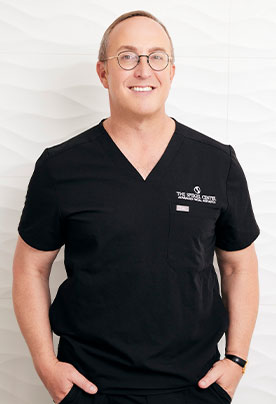
Not many people may be aware that our skin is the largest organ in our bodies. It is responsible for protecting the internal organs and assists with preventing numerous toxins from entering our bodies. However, for the skin to do this successfully, it requires essential nutrients and trace elements to stay healthy for as long as possible.
1. Zinc
This nutrient plays a crucial role in the growth and regeneration of new skin cells. Those who consume a diet lacking in zinc may be more prone to conditions such as oily skin and dandruff. Research has also suggested that zinc may be able to help prevent the onset and development of acne, as most people who suffer from this condition suffer from depleted levels of this essential nutrient.
2. B-Complex Vitamins
Among all of the B-Vitamins, the most important two that promote healthy skin are Vitamin B7 or Biotin and Vitamin B3, also known as Niacin. Biotin is one of the main nutrients responsible for forming the basis of skin, hair and nail cells while Niacin is an essential element in helping the skin to retain optimal levels of moisture.
3. Vitamin C
Known as one of the most versatile vitamins, Vitamin C is able to assist with the production of both collagen and elastin. This component is essential for providing the skin with its elasticity while also aiding in the production of new skin cells and blood vessels. Vitamin C is also effective in preventing and repairing skin damage caused by free radicals.
4. Selenium
This natural antioxidant mineral works in conjunction with Vitamin C in order to restore skin elasticity. Also essential in preventing damage caused by pollution or excessive sun exposure, Selenium has been shown to help burn victims by aiding the healing process of damaged skin.
5. Vitamin A
Deficiency of this vitamin can result in a complexion that is dry, flaky and extremely sensitive. Vitamin A assists with the repair and maintenance of the skin, as it helps the skin retain moisture while enabling the formation of new skin cells. Additionally, it is able to help with the repair of skin cells that have been damaged by the sun.
6. Silica
Although not often thought of, this mineral plays an important role when it comes to strengthening not only the skin, but also muscle tissue, hair, nails, cartilage and bone tissue. If a person is deficient in silica, they may find that their skin does not heal as well as it should after an injury or surgery, as their skin will lack the elasticity required in order to heal.
If we want our skin to stay in the best condition possible, it is important to ensure a regular supply of these nutrients to the body. Combining them with a diet that is free of processed foods and protecting our skin as much as possible from excessive sun exposure will all help ensure that our skin does not appear older than it really is.
Above Image Source: Flickr/Bradley Stemke





